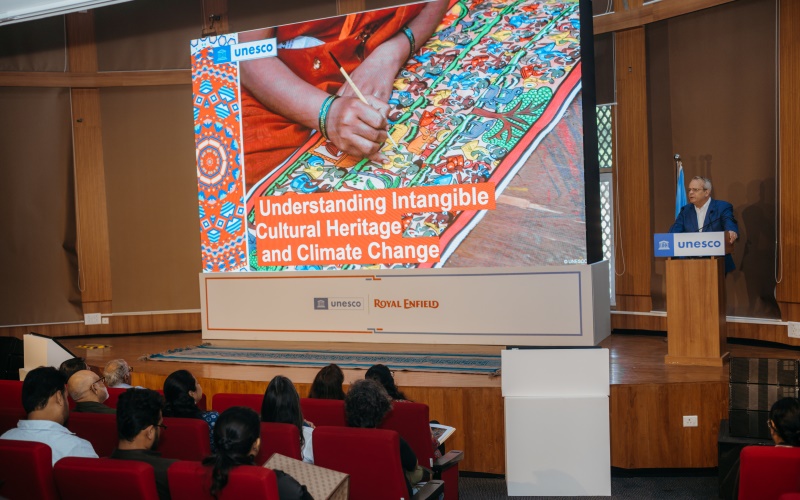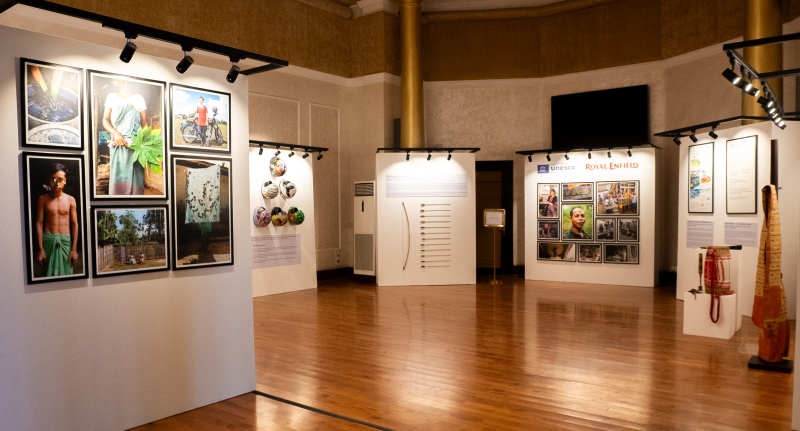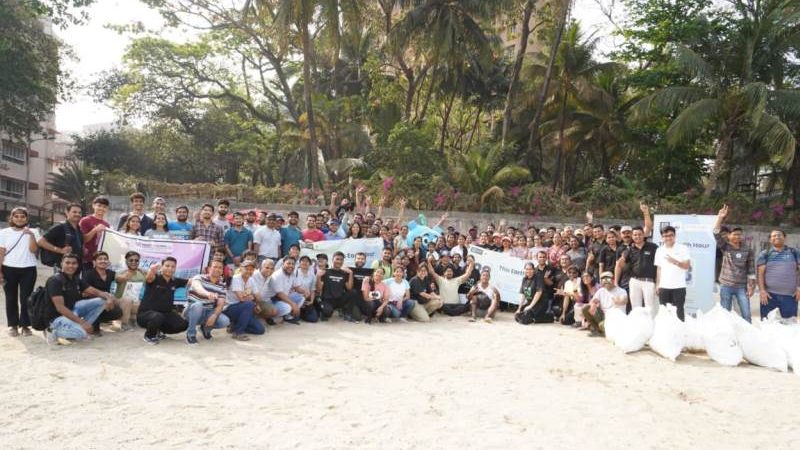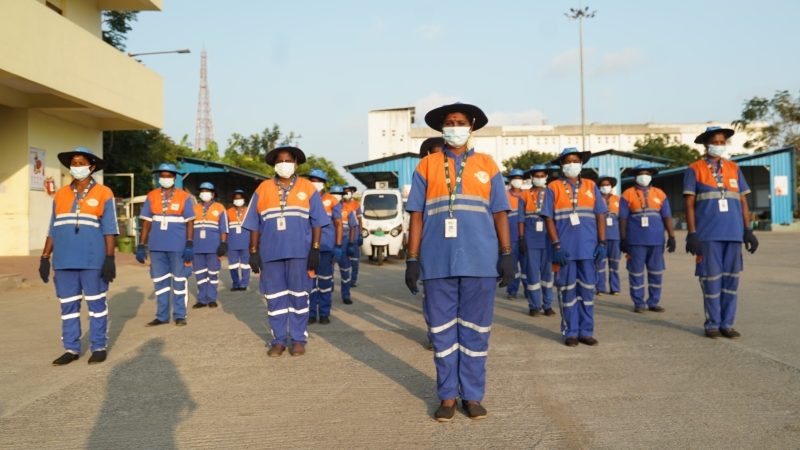UNESCO and Royal Enfield kick start great Himalayan exploration

UNESCO and Royal Enfield recently announced the second chapter of the The Great Himalayan Exploration. The initiative seeks to document the intangible cultural heritage of the Himalayas thereby raise awareness about the living treasures that make up the beating heart of India. More than 25 rider-researchers embarked on this journey last year, documenting 21 practices in Meghalaya, Assam and Arunachal Pradesh. The second chapter was unveiled at the Bikaner House in Delhi along with a curated exhibition on journeying across the Himalayas.
The unveiling took place in the presence of Tim Curtis, Director and Representative of UNESCO New Delhi Regional Office It was followed by a series of capacity-building workshops for rider-researchers and other stakeholders. Sessions throughout the day included immersion into the culinary heritage of the Northeast and thought provoking conversations around the need for responsible travel.
A key highlight was a session on ethically documenting the Intangible Cultural Heritage of communities conducted by actor Adil Hussain and documentary filmmaker Rita Banerji. Lifestyle journalist Bandana Tewari, designers Sonam Dubal, Peter D’Ascoli, Rina Singh, Sushant Abrol also joined in the unveiling to explore sustainable textile practices of the Himalayas.

The exhibition Journeying Across the Himalayas II highlighted the Intangible Cultural Heritage of the Eastern Himalayan region as documented last year. It involved an engaging experience of the culinary heritage inspired by the ingredients of Northeast India and sprinkled with the expertise of chef Anumitra Ghosh Dastidar and mixologist Yangdup Lama. The evening featured an immersion into the musical traditions of the North-east with performances by Taba Chake and Blues legend Tipriti Tips Kharbangar. The exhibition remained open to the public from 8 October to 11 October 2023.
“As the world struggles to adapt to the effects of climate change which include, among others, outmigration and forced displacement that threaten cultural identities, concerted efforts to safeguard Intangible Cultural Heritage become ever more urgent. At the same time, the traditional knowledge and practices accumulated by communities across generations can lead to important solutions in mitigating the effects of climate change on human society and the natural world,” said Tim Curtis while highlighting the importance of the UNESCO x Royal Enfiled partnership on this initiative.
This unique partnership between UNESCO and Royal Enfield also sits at the heart of Royal Enfield’s social mission in the Himalayas, which is to partner with 100 communities to build resilience and initiate a movement of riders and travellers towards the adoption of responsible travel practices. “This partnership with UNESCO allows us to deepen our relationship with the Himalayas and its communities, which have inspired Royal Enfield for decades. Through the process of engaging with the Intangible Cultural Heritage of the region, we have learnt that sustainable living is at the heart of most of these practices,” said Bidisha Dey, Executive Director, Eicher Group Foundation – the CSR and Sustainability arm of Royal Enfield.
60 motorcyclists have been selected from a pool of over 600 registrations to embark on the second leg of The Great Himalayan Exploration as rider-researchers for UNESCO and Royal Enfield. Over the course of the next six months, these carefully selected rider-researchers will venture out on a series of consecutive rides to remote Himalayan communities in small batches, where they will document more than 50 Intangible Cultural Heritage practices.
The UNESCO x Royal Enfield: The Great Himalayan Exploration certainly seems to be successful in highlighting the intangible cultural heritage with the aim of bringing together institutions, individuals and communities to collectively value and safeguard the living heritage of the Himalayan ecosystem.



